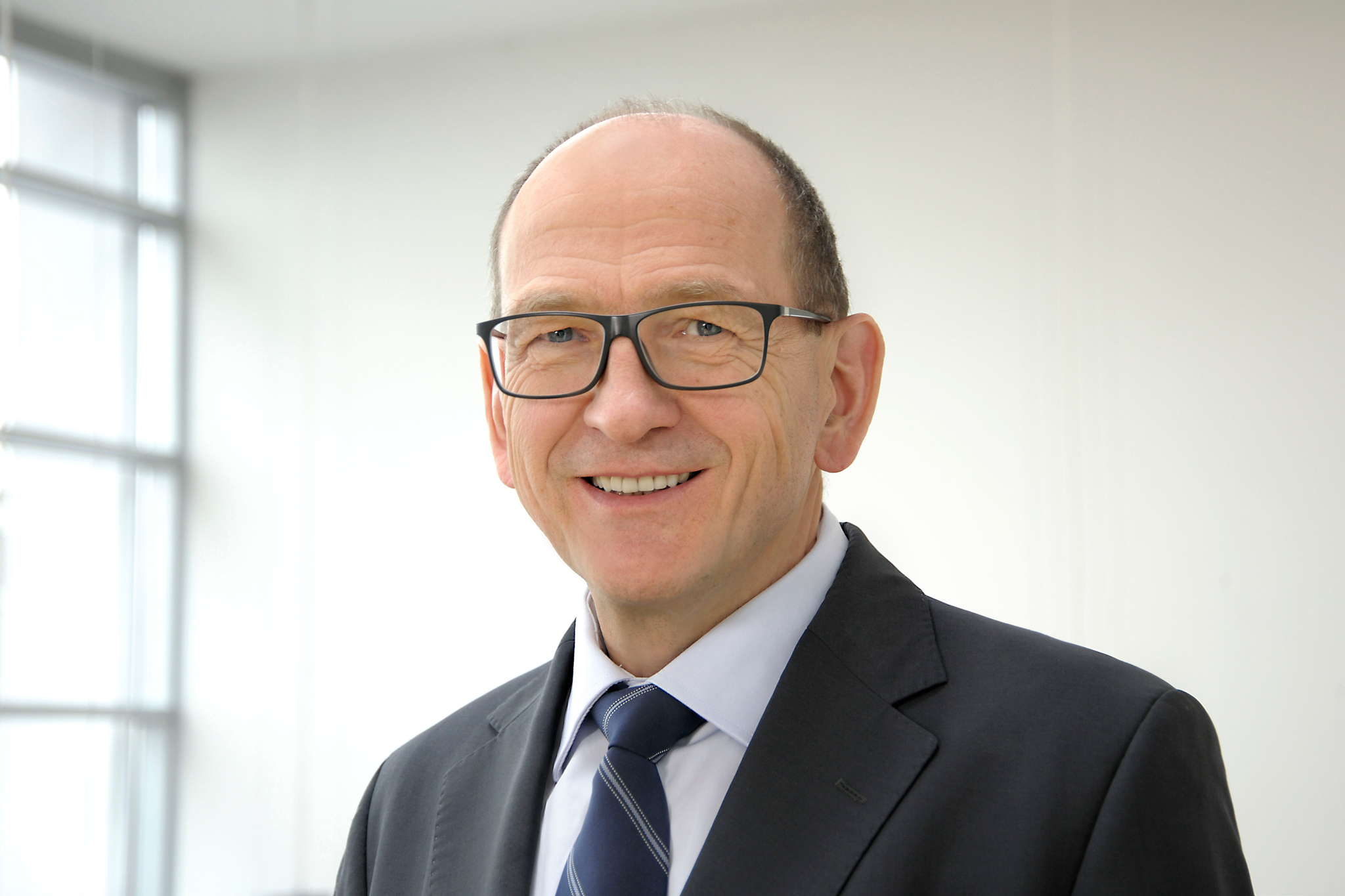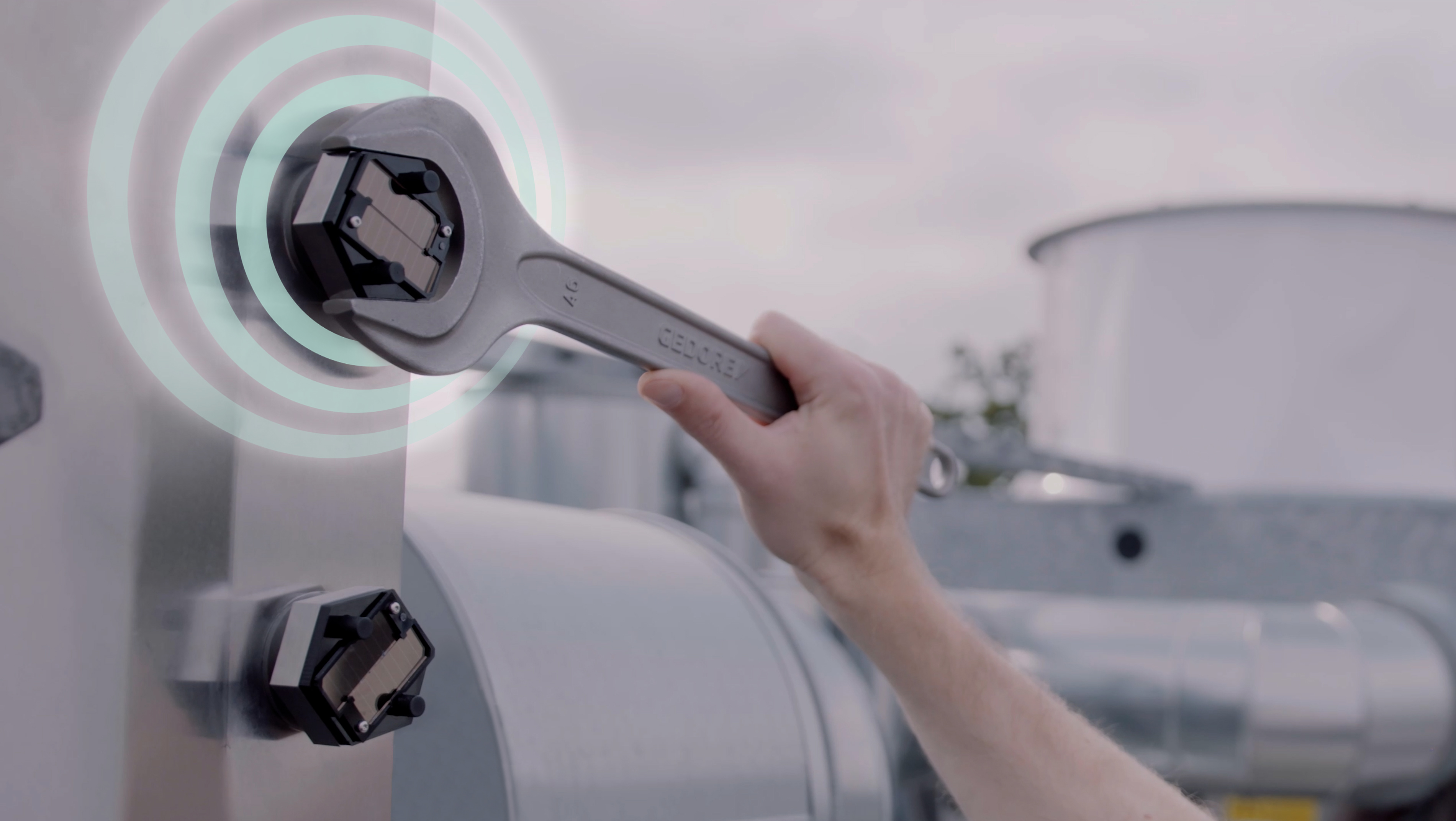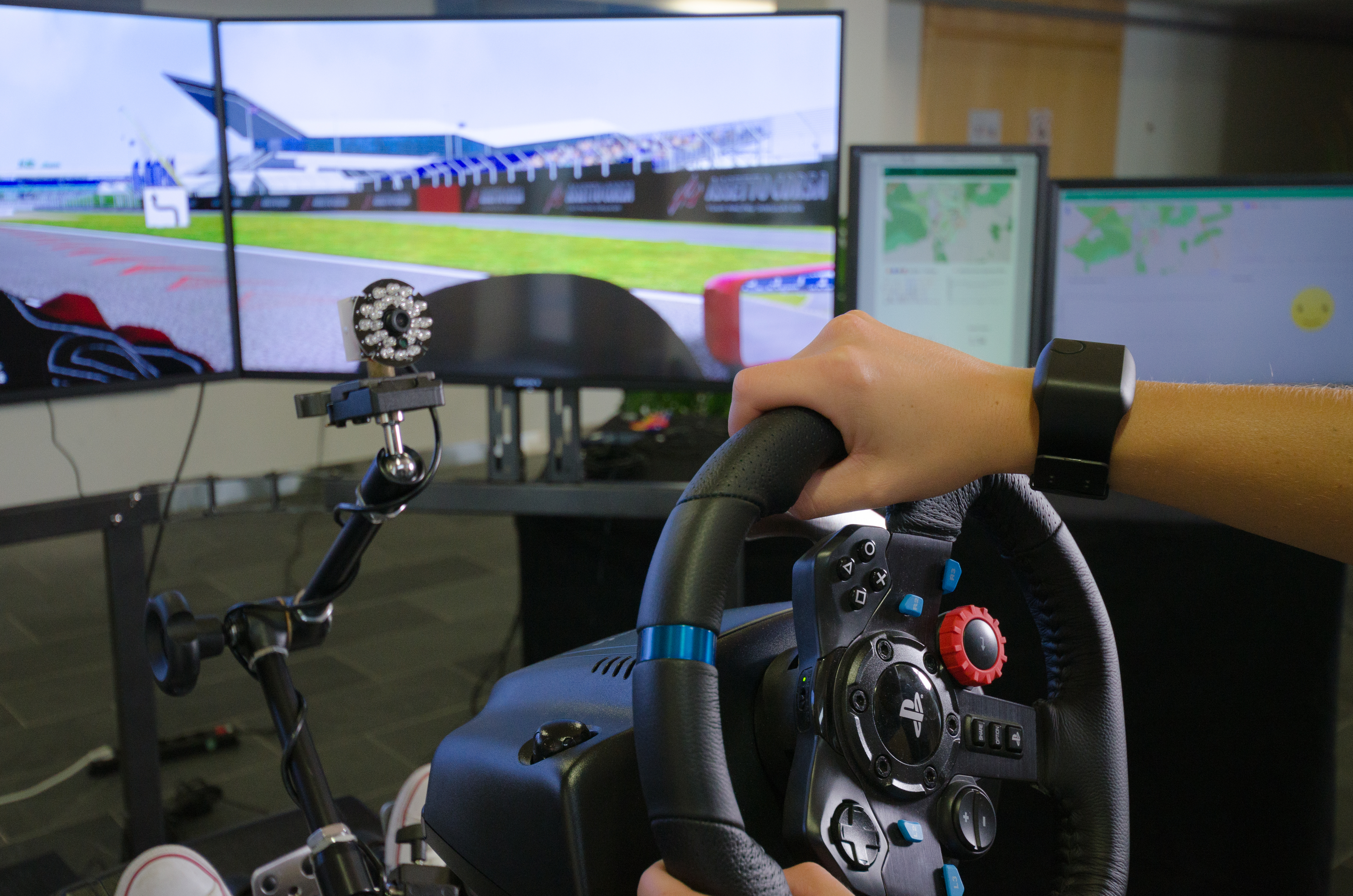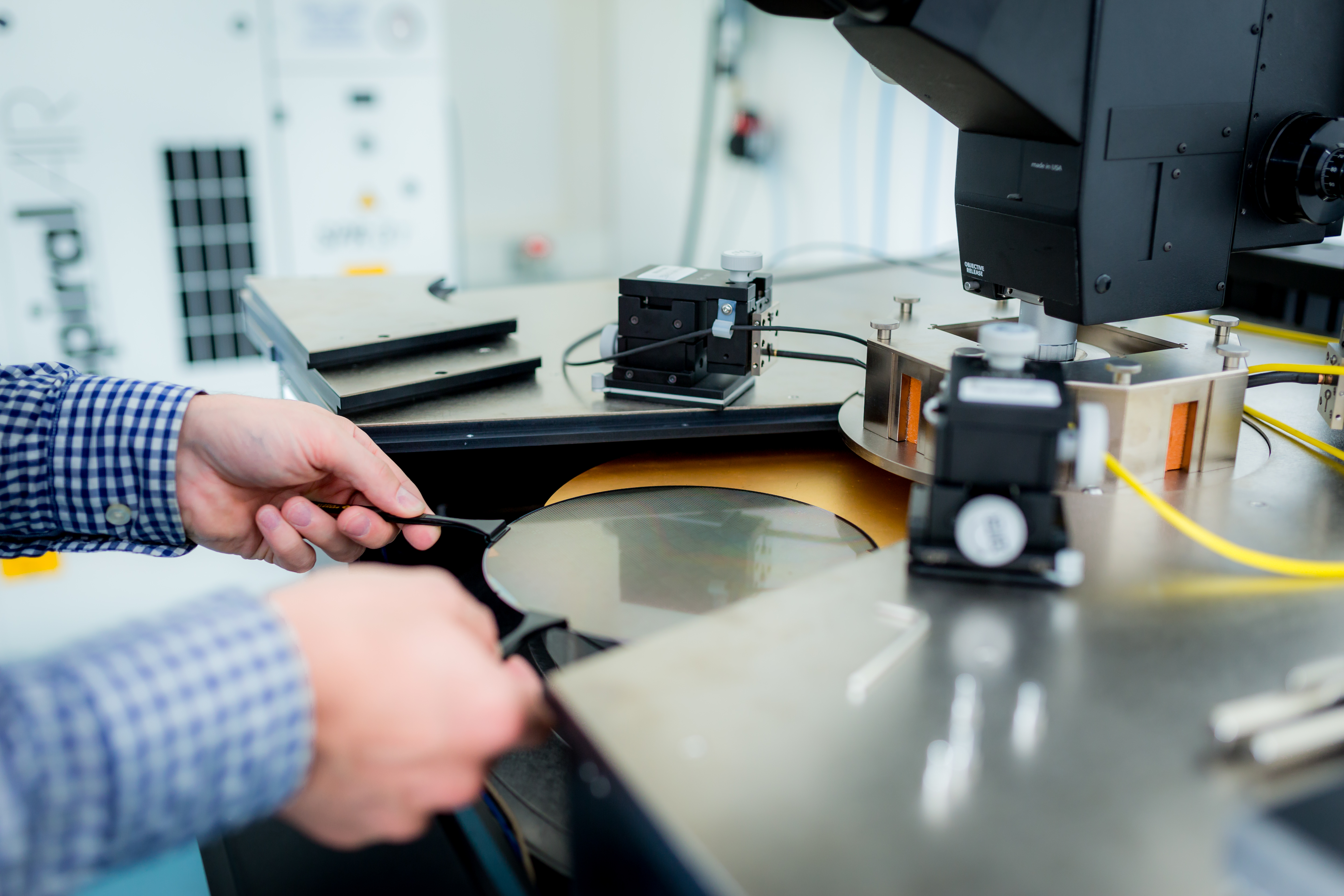Can you give us any examples of how the FMD helps industry in this regard?
We design comprehensive, innovative electronic systems for new research fields requiring this kind of wide-ranging expertise. I would like to name three examples.
In the TRAICT (Trusted Resource Aware ICT) project, eight FMD institutes collaborate with ten other Fraunhofer institutes to create the necessary framework conditions for reliable and data protection compliant information and communication technology that can be used in a self-determined and secure manner. The key issue here is how to validate and safeguard the reliability of critical electronic components and systems in globally interconnected supply and value chains.
Nowadays, many of the critical components in digital technologies are manufactured outside of Europe, and in many parts of the digital supply chain suppliers in other countries hold quasi-monopolies. The result is a high level of dependency that could become detrimental to Germany. We have initiated a project devoted to a platform for reliable electronics, the goal of which is to examine the entire value chain and devise coherent concepts. In all, 13 partners are involved in the project: 12 Fraunhofer and Leibniz institutes belonging to the FMD, and edacentrum GmbH. They will develop and apply appropriate standards, norms, and processes based on a national and European chip security architecture.
Despite intensive efforts to design increasingly energy-efficient electronic components, primarily with the aim of increasing mobility supported by electronic devices, overall energy consumption by information and communication technology has continued to rise. This problem is exacerbated by recent developments in the field of self-learning systems and their expected propagation into all areas of life and work. The upshot is that large data centers will no longer be solely responsible for the bulk of energy consumption, as increasingly prevalent IoT devices and systems account for an increasing share. More and more of the energy consumed will be due to the massive increase in data transmission. To address these challenges, the FMD is planning a competence center for resource-efficient information and communication technology, or »Green ICT«.




